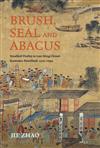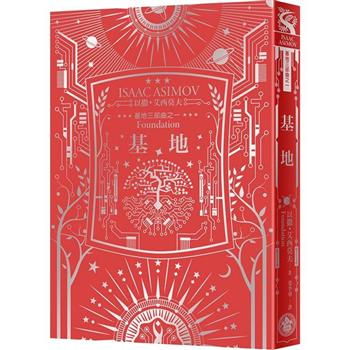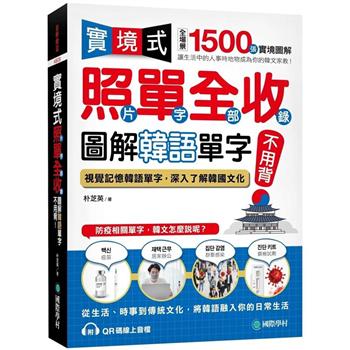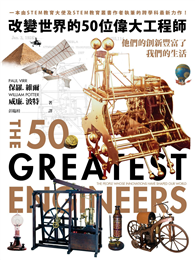| FindBook |
|
有 1 項符合
Jie Zhao的圖書 |
 |
$ 1456 ~ 1539 | Brush, Seal and Abacus:Troubled Vitality in Late Ming China’s Economic Heartland, 1500-1644
作者:Jie Zhao 出版社:香港中文大學出版社 出版日期:2018-05-18 語言:繁體書  共 5 筆 → 查價格、看圖書介紹 共 5 筆 → 查價格、看圖書介紹
|
|
|
This book is a study of social and cultural change in the lower Yangzi delta. This region, Ming China’s economic heartland, flourished commercially and culturally during the sixteenth century, and its elites maintained strong political ties with the central government at Beijing. Drawing upon a large body of contemporary writings, the author discusses important socio-economic and cultural trends wherein scholars and scholar-officials entered the marketplace while the merchant class improved its status and importance.
For all the benefits they brought about, these developments sowed the seeds of trouble. The author explains how unconstrained profit-seeking eroded the social and moral fabric of society and widened the gap between rich and poor. Toward the end of the sixteenth century, economic conditions worsened. Bitter resentments gave rise to popular riots against predatory great families. Eventually, mass revolts across the empire and Manchu’s invasion dealt a crushing blow to the region’s economy. In the 1630s and 1640s, the region plunged into depression and despair.
作者簡介:
Jie Zhao is Associate Professor of History at the University of Southern Maine. Her work on Ming thought and society has appeared in T’oung Pao and Ming Studies.
|











